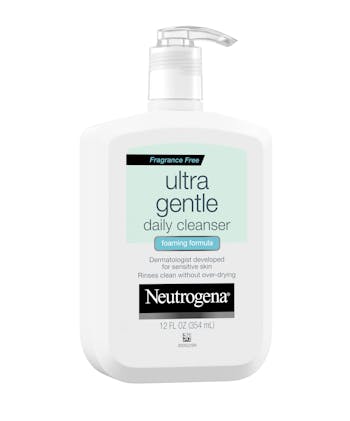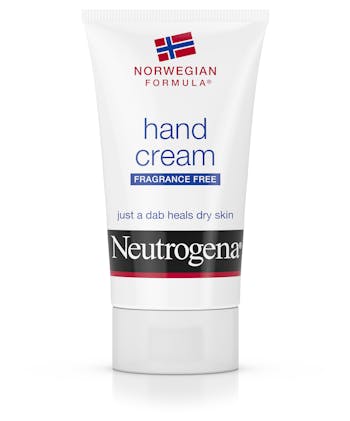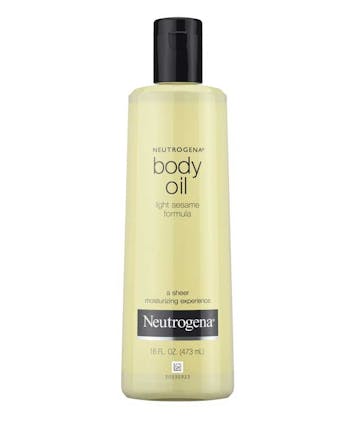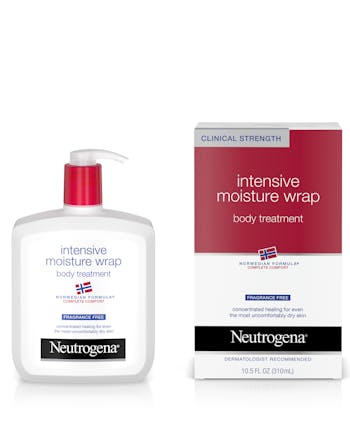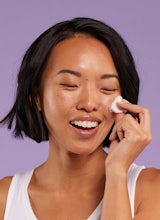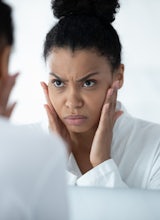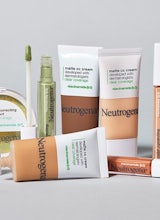
Understanding Dry Skin
What makes skin feel soft and smooth? Healthy skin produces natural moisturizers, and its moisture barrier—a protective layer made up of millions of skin cells held together by lipids—helps hold this moisture in and keep skin hydrated. When the moisture barrier is damaged—as a result of cold, dry air, sun exposure, frequent hand washing and other factors—skin is unable to retain its natural moisture, causing it to feel dry, rough and itchy.
Ready to transform dry, irritated skin back into healthy-looking, supple skin? Read on to find out the factors that cause dryness and how you can replenish your skin’s vital moisture.
What Causes Dry Skin?
Several factors can cause skin to lose moisture:
- Frequent showering or bathing with hot water: Contrary to popular belief, wetting skin doesn’t always make it more moist—over time it can cause moisture to escape from the epidermis. What’s more, the hotter the water temperature, the more it washes off protective lipids and increases the ability of irritants in your cleanser to penetrate the skin.
- Lathering up with harsh soaps: The detergent in harsh soap can strip skin of its natural oils, and may irritate dry skin.
- Using hand sanitizer: While the alcohol in hand sanitizers kills germs, it can be very drying to skin. Repeated use can make hands rough, dry and chapped.
- Weather: During the winter months, cold, dry air outside and warm, dry indoor heating can deplete skin’s moisture.
- Sun damage: Unprotected exposure to UV rays can break down skin’s natural barrier and can further reduce skin’s ability to retain moisture.
- Aging: Skin may feel drier as natural oils decrease with age.

Relief for Dry Skin
Replenishing dry skin requires avoiding the external causes of dryness and restoring the moisture barrier’s ability to hold in moisture. Try these tips for repairing dry, rough, itchy skin:
- Take shorter showers or baths and use warm water instead of hot.
- Wash with a mild cleanser that gently softens and conditions—to minimize stripping skin of its natural moisture.
- After showering, gently pat skin dry and while skin is slightly damp, apply a rich, emollient moisturizer to help “seal in” moisture. Look for products that contain nourishing ingredients like glycerin to attract and maintain moisture.
- Use an intensive moisturizer—like a hand cream—on any area where skin is extremely dry (such as elbows, knees, even lips). Apply before bed for overnight dry skin repair.
- Avoid over-heating your home during cold months.
- If you use hand sanitizer, look for one with a built-in moisturizer.
- Use a broad-spectrum sunscreen when you plan to be outdoors.
- For a foot-softening treatment, slather on a rich foot cream and slip on cotton socks
Replenishing dry skin requires protecting it from external causes of dryness and restoring the moisture barrier’s ability to hold in moisture.



